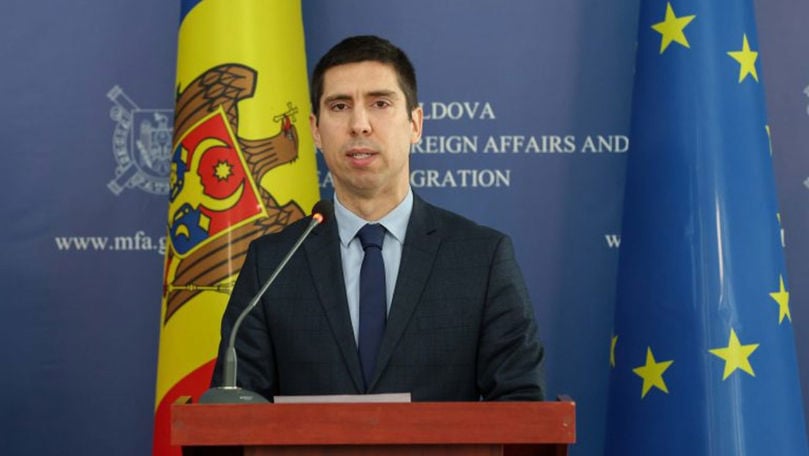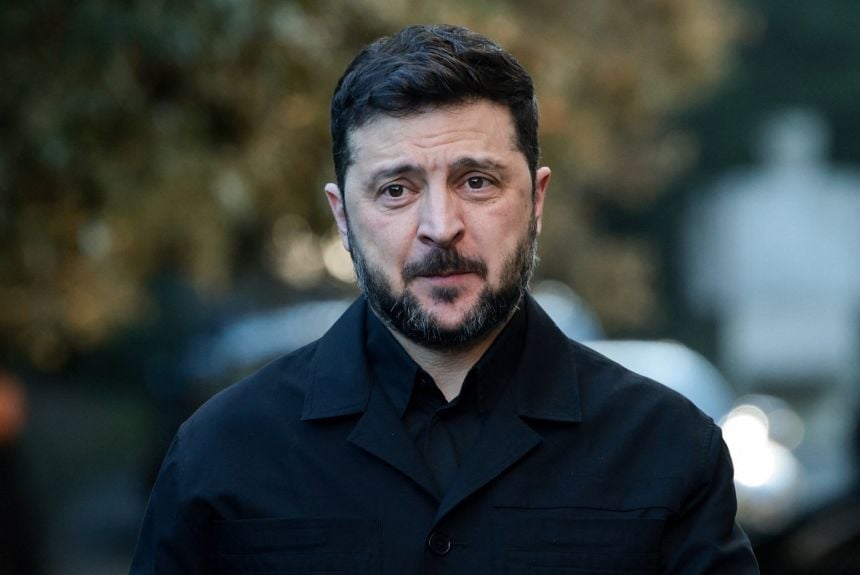France's Orchestre National de Jazz (ONJ) under the baton of conductor Frederic Maurin will present on November 1 at Bragadiru Palace in Bucharest their newest recording called "Rituels."
"Rituels" is a fascinating collective work, a kind of oratorio, that describes the rituals that mark the cycle of days, seasons, civilisations, our lives, in a story frame, a palace with an interwar atmosphere in the heart of Bucharest, told Agerpres.
The new recordings of the Orchestre National de Jazz is a collective work for choir and 13 instruments that brings together seven pieces, a puzzle that forms a special sound universe.
"With the desire to open up ONJ to multiple and singular aesthetic forms, Frederic Maurin has joined forces with Ellinoa, Sylvaine Helary, Leila Martial and Gregoire Letouvet - four bold and well-known artists on the current French jazz scene - to write an original repertoire built around the notion of daily rituals. The public is carried to a world of contrasts, with vivid poetic outbursts, powerful crescendos, a wide spectrum of orchestral colours, dreams and passionate soloists," according to the organisers.
Tickets, priced between 90 lei and 290 lei, are available on www.teatrulgodot.ro and www.palatulbragadiru.ro.
The presence of France's Orchestre National de Jazz, which returns to Romania after almost 30 years, takes place within the framework of "Musiques Creatives de France," an initiative of the French Institute that brings the most diverse sounds to the Romanian public in a refreshing walk between jazz, electronic music, world music or baroque music.
France's Orchestre National de Jazz has had almost 200 soloists, having given concerts on all continents, producing 31 albums and collaborating with numerous international artists. It is the only national orchestra in which the conductor changes once every 5 years. At the head of the ONJ since January 2019, guitarist and composer Frederic Maurin, with projects in the area of progressive rock, is the supporter of an extensive programme open to contemporary creation, more precisely to composers with singular languages and representatives of the performing arts.
































Comentează